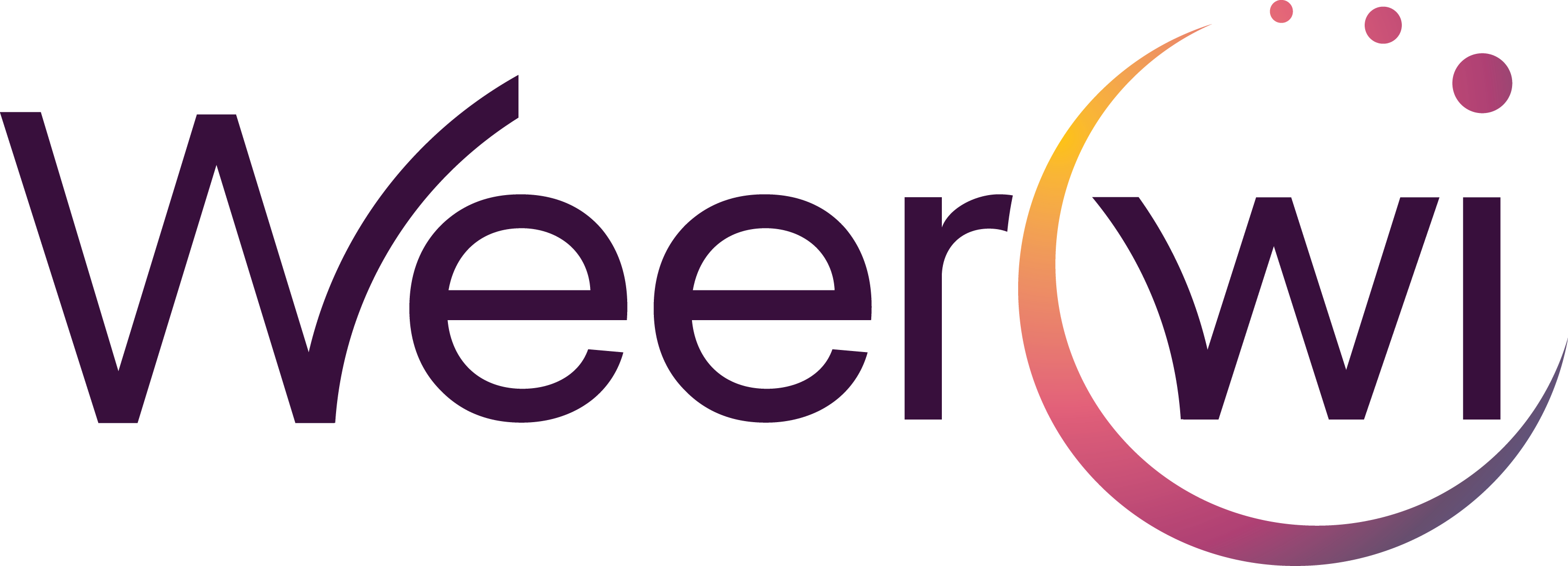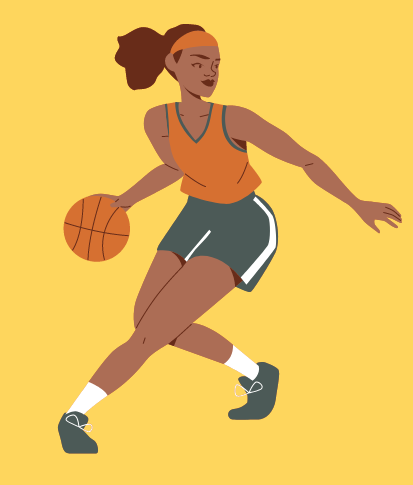Physical and mental health through sport
Thanks to sports, people develop a dynamic lifestyle that promotes health and prevents diseases, including non-communicable diseases such as cancer, heart attacks, and diabetes. Physical activity and sports can increase overall well-being, reduce stress, anxiety, and the risk of depression, and improve thinking and learning (cognitive abilities). In addition, sports can be an effective tool for educating and raising awareness about a healthy lifestyle, by talking about (sexually) transmitted diseases, but also about the right behaviours to adopt towards those around you.
These advantages benefit everyone, regardless of gender and at any time in their lives. Women can play sports when they have their period or when they are pregnant. Studies have shown that after 30 minutes of physical activity, the body produces beta-endorphin, a «happiness hormone». This hormone promotes well-being and alleviates pain, including mild pain you may feel during your period, such as abdominal cramps. However, if you do not feel well during your period or if you have very strong pains, it is good and important to rest and avoid too much physical effort. In this case, you can do a gentle sport like yoga or walking and go to a doctor.
It is always important to take care of your body so you don’t endanger your health. When exercising during your period, use menstrual pads, tampons, period underwear, or menstrual cups, depending on what you feel most safe and comfortable with.
In addition, the practice of sport is particularly important at key stages of a woman’s life: during puberty, pregnancy, and menopause.
- During puberty, physical activity brings physical, mental and social fulfillment. However, if the practice is not appropriate (too much load or too long practice time, so that the body cannot recover), it can lead to pubertal delay and growth disorders.
- During pregnancy, starting or continuing moderate sports activity is possible and even beneficial. The practice of a sport limits weight gain and the risk of gestational diabetes, improves mental well-being by reducing fatigue, anxiety, depression during the period after childbirth and facilitates the acceptance of body modifications. Sports can even help to shorten the duration of labor during childbirth.
Contrary to what many people think, pregnant women, by practicing physical activity adapted to the state of pregnancy, are not exposed to a greater risk of spontaneous miscarriage, nor an increased risk of intrauterine growth retardation. Sport also does not increase the risk of low birthweight or premature birth. Breastfeeding is also no reason not to exercise. However, these findings only apply to pregnancies that proceed without difficulty! It is always important (and not only during pregnancy) to pay attention to the frequency, intensity and duration of the activity, and not overload the body but allow it to recover.
- During menopause, the beneficial effects of regular and adapted sports are numerous. It helps reduce the risk of cardiovascular diseases, maintains muscles, improves coordination, and fights against bone weakness. In conclusion, adapted physical activity contributes to physical and mental health at any age and in any circumstance.
Text suggested by Sport for Development in Africa.
The GIZ (Deutsche Gesellschaft für Internationale Zusammenarbeit) “Sport for Development in Africa” (S4DA) project uses the educational potential of sport to help achieve the Sustainable Development Goals. The project is mandated by the German Federal Ministry for Economic Cooperation and Development (BMZ).



